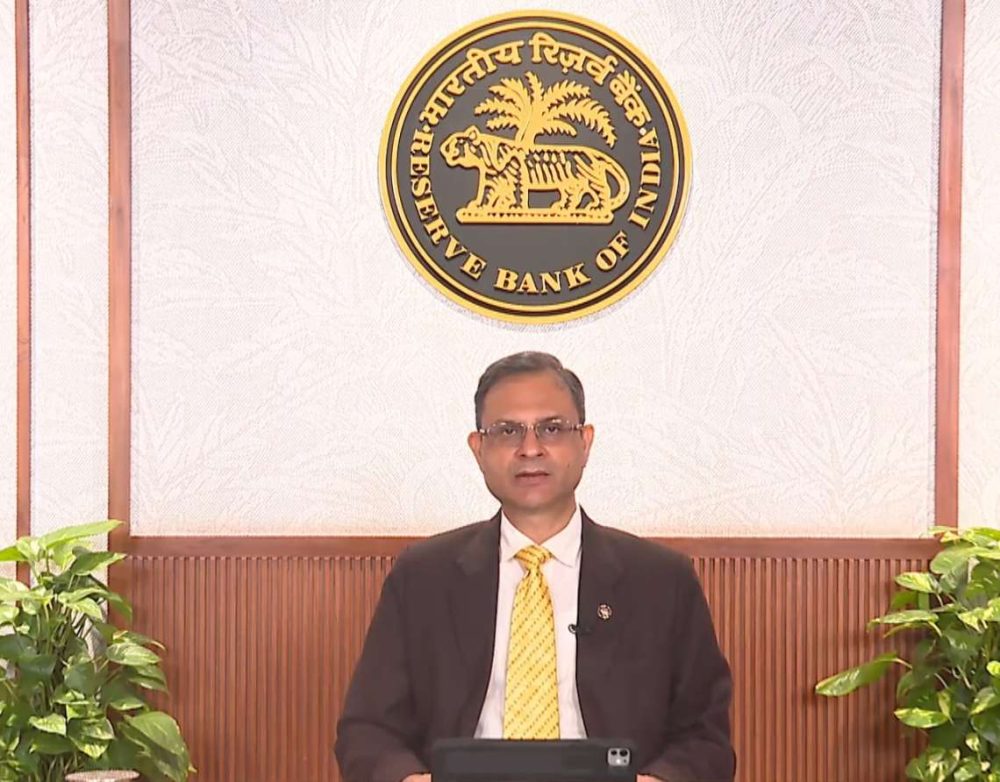The study also found that working from home has led to less effective communication and that remote working is detrimental to teamwork…reports Asian Lite News
The ability to hire employees from spatially-dispersed locations may help to promote more balanced geographical development, in addition to alleviating pressures of various kinds on major metropolitan areas in India, according to a study by apex business chamber CII and the Faculty of Management Studies (FMS), Delhi, on Monday.
The study, titled ‘Work-from-Home: Benefits and Costs: an Exploratory Study in the Indian Context’, stated that Covid has given rise to many alternative systems, and work from home is a prominent outcome altering the employment ecosystem.
Since then, many organisations have adopted remote and hybrid work practices.
The study found that the new model has led to moderate savings in office rental costs and enabled a moderate reduction in costs involved in meeting and working with clients.
“The savings in employee commuting and accommodation costs have allowed for adjustments in employee compensation structures to a limited extent,” the findings showed.
There is significant reduction in commuting stress for employees leading to greater energy levels.
However, the study also found that working from home has led to less effective communication and that remote working is detrimental to teamwork.
It suggests that remote working could hinder the development and sustenance of organisational culture. As far as the costs and benefits for employees are concerned, respondents were of the view that remote working is particularly beneficial for parents with young children and for caregivers.
A moderate increase in employee productivity has also been observed. However, some respondents have reported difficulty in separating work and personal life, leading to increased stress, the study pointed out.

Many employees also lack dedicated, undisturbed workspaces at home. Besides, flexibility in scheduling can be considerably problematic for those unable to maintain self-discipline.
The study further observed that traditional supervision methods such as attendance monitoring have become less effective. Remote working has led to a shift towards performance-based monitoring in a major way. Furthermore, with remote working, increased reliance on trust has become necessary to ensure employee performance.
On the macro environment front, the study suggested that remote working has led to significant reduction in the company’s carbon footprint and could held organizations meet ESG (environment, social and governance) goals.
“While work-from-home confers tangible benefits for both employers and employees in the short term, it may, however, lead to some losses in the long run. These losses may be intangible in nature, relating to the formation and sustenance of social, emotional, and human capital,” the study noted.
ALSO READ: India Can’t Be Ignored














